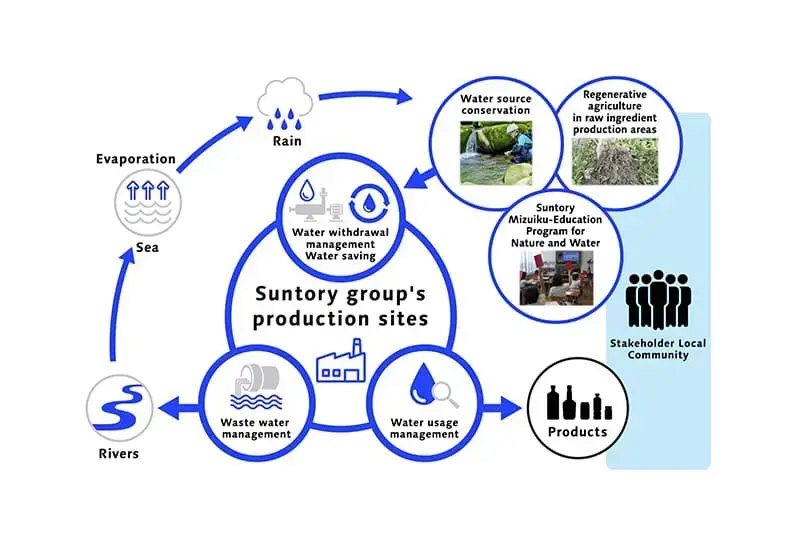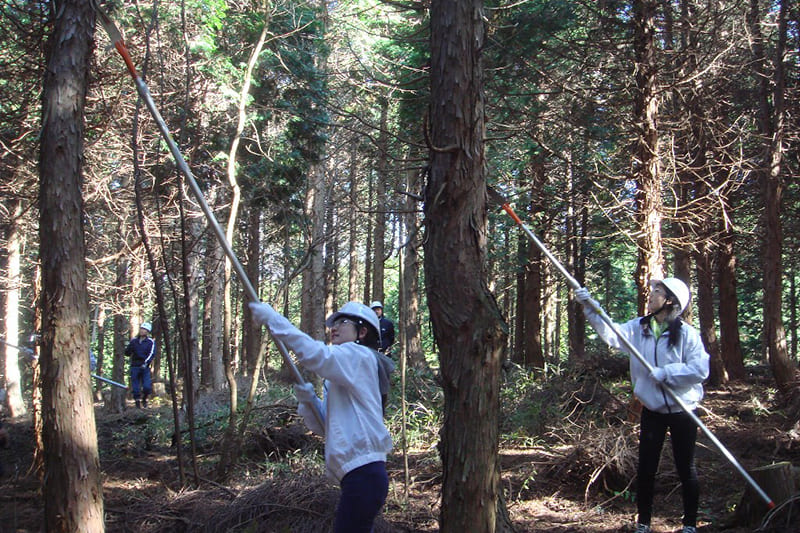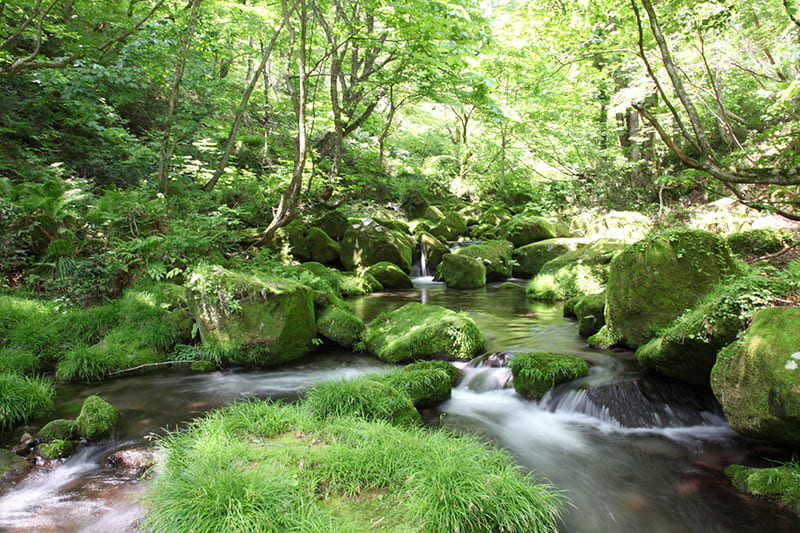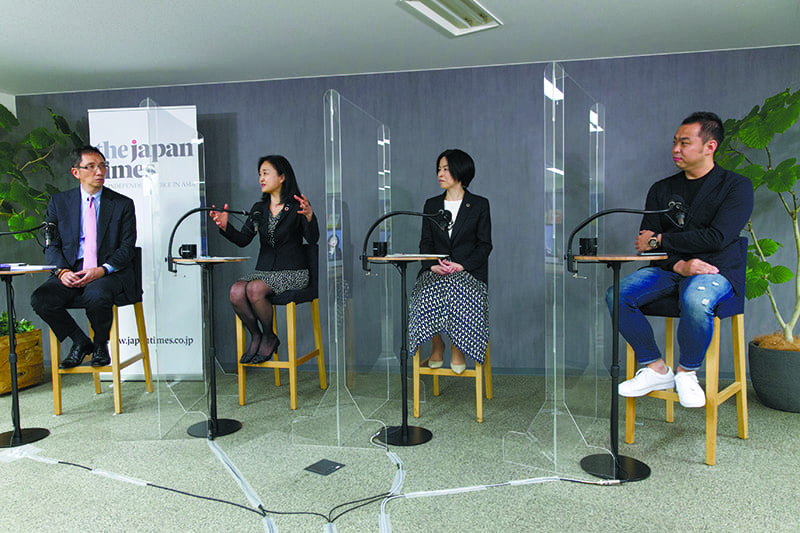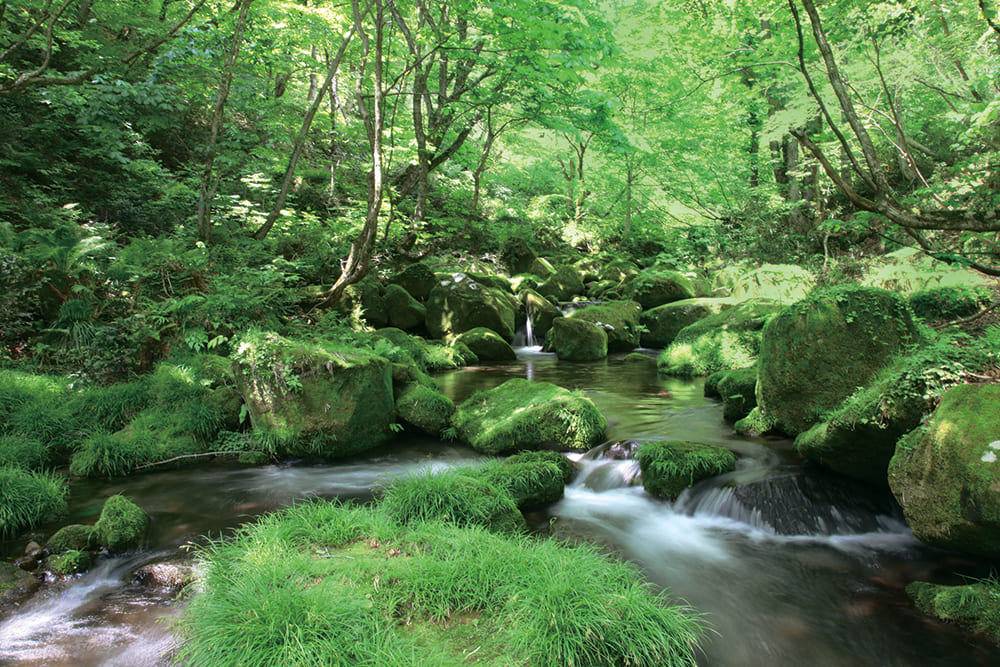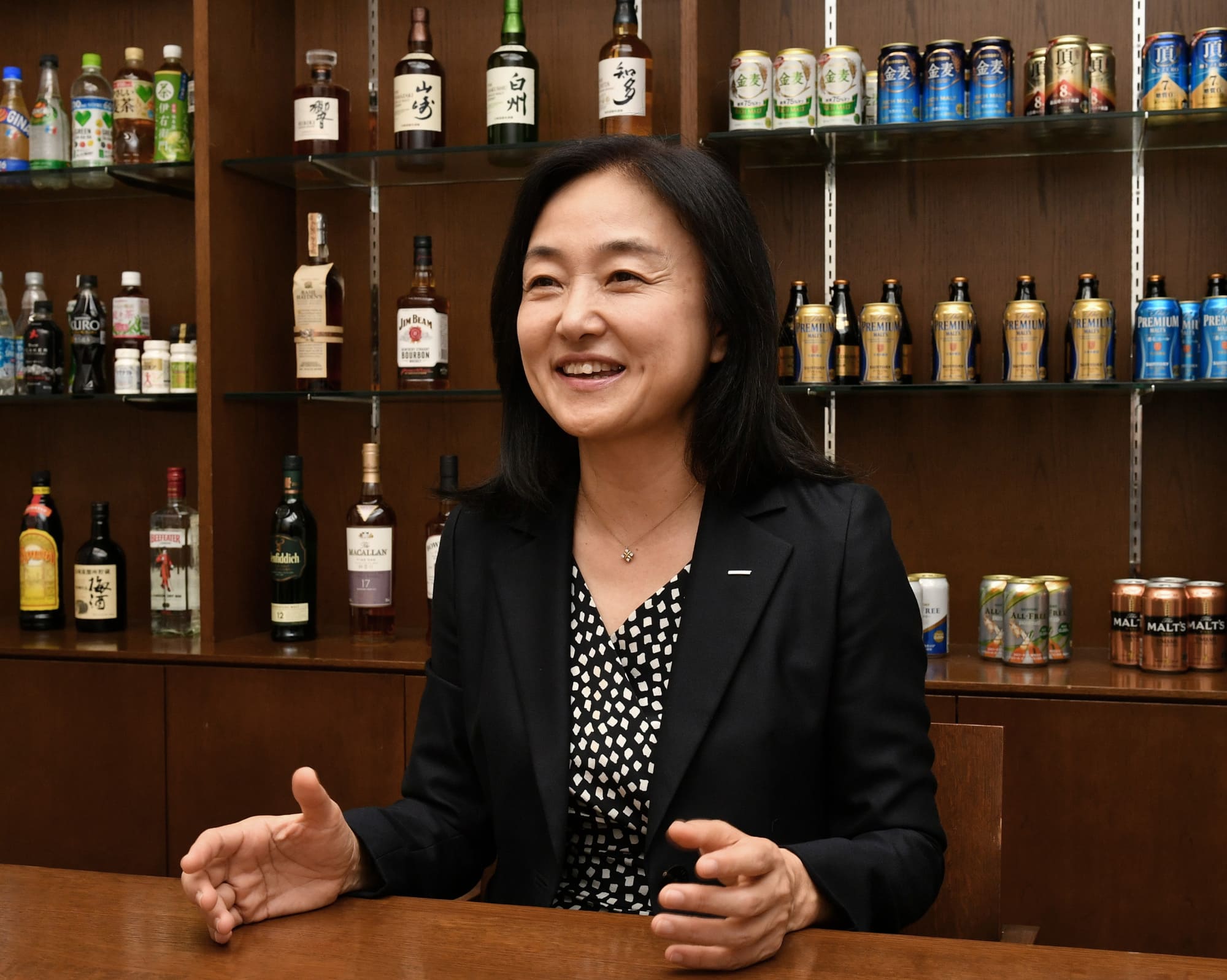August 09, 2024
Suntory nurtures water, forests and future generations
Sustainable Japan Network
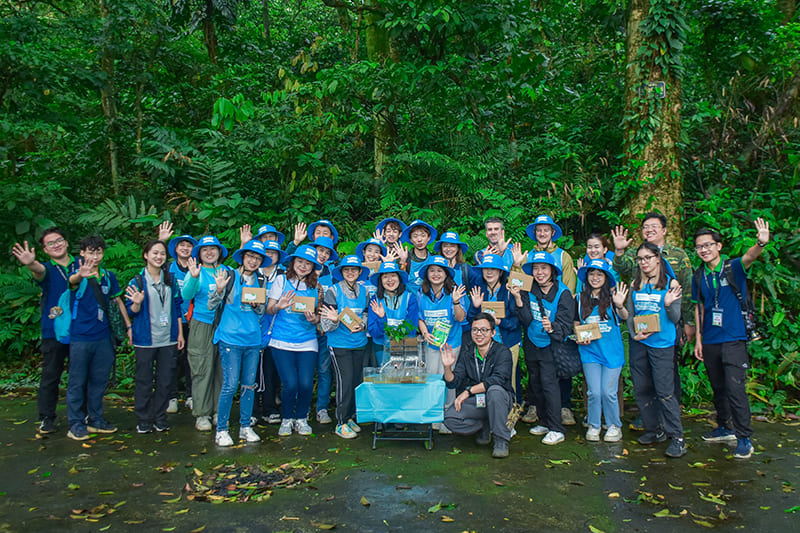
Just like Suntory Holdings says in its corporate philosophy, “To inspire the brilliance of life, by creating rich experiences for people, in harmony with nature,” the company contributes to the enrichment of people’s lives beyond merely selling food and beverages globally. Although responsive to changing needs since its establishment in 1899, the company also has always been faithful to what it calls its responsibility “to give back to nature, and to society.”
“In the field of environmental protection, we started bird conservation activities 51 years ago, which was long before the concept of ‘sustainability’ began to attract people’s attention,” said Masaaki Fujiwara, Suntory’s chief sustainability officer.
Along with the recycling of plastic bottles and reducing of greenhouse gas emissions, the company focuses on the sustainability of water, the most critical element for its business — and the entire human race.
Harumichi Seta, senior general manager of the Sustainability Management Division, said the number of people with inadequate access to water is predicted to pass 5 billion by 2050, a significant increase from the 3.6 billion in 2018, according to the 2021 State of Climate Services report from the World Meteorological Organization.
“Proper use and preservation of water resources is a matter of vital importance to everyone who uses the same water source. We cannot let someone monopolize water or use it up. As a company, we are being watched, tested and judged if we are acting fairly,” Fujiwara said.
In addition to conserving water at its plants, Suntory is also working to help people learn how soft, fluffy soil is important for regenerative agriculture and water absorption and to manage healthy forests with enough sunlight to foster diverse species, creating rich soil that helps nurture abundant groundwater. “That is what we call the Natural Water Sanctuary, which was launched in 2003 in Aso in Kumamoto Prefecture, where one of our plants is located,” Fujiwara said.
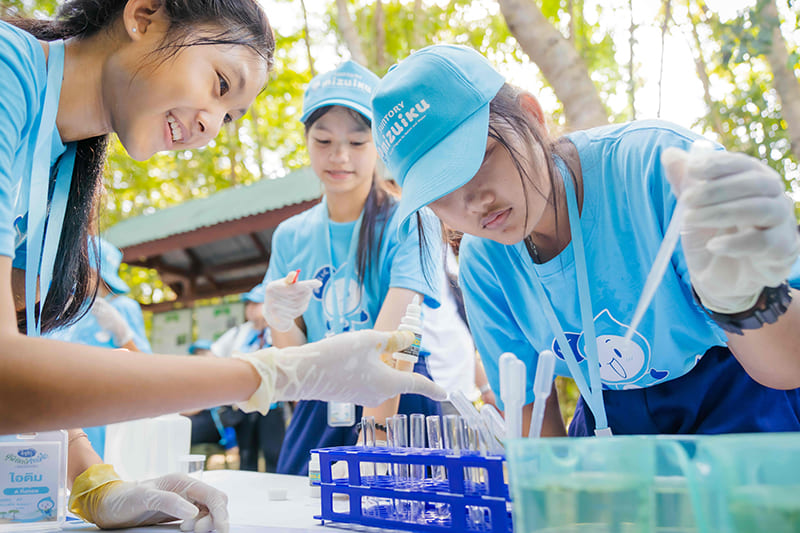
This initiative has been expanded to various places across Japan, and there are now 26 sites in 16 prefectures that are being taken care of by the company with the help of more than 40 forest experts and local stakeholders. Their area totals 12,000 hectares, recharging twice the volume of water that Suntory pumps from underground at the plants it owns in Japan.
“Activities to protect forests and water resources require regional cooperation and efforts to engage future generations,” Seta said. That is why Suntory launched Mizuiku — an educational initiative on nature and water, whose name comes from “mizu” (water) and “iku” (nurture), that teaches children about the water cycle and how to protect it. In 2004, the first Outdoor School of Forest and Water opened in Aso, where camping and other events helped children experience and understand the importance of forests and water.
Today, there are three more outdoor schools across the country as well as an online version that started during the coronavirus pandemic. Their environmental education program has been enhanced and systematized over the years, helping not only children but also their parents gain insights about nature.
“We have also been providing teaching programs at elementary schools since 2006. We collaborate with teachers, have them lead their classes to think about the water cycle as the first part of the lesson, and for the second part, we think about what each student can do to protect it with a focus on our Natural Water Sanctuary Initiative,” Seta said.
The programs can also be delivered online with interactive communication, with Mizuiku instructors walking into a forest in real time or using a drone to get a bird’s-eye view of the forest.
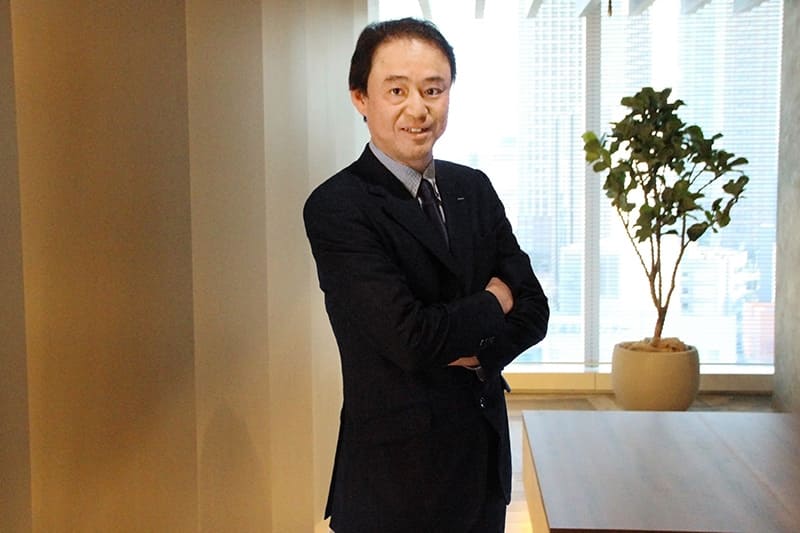
More than 250,000 people — children, parents and teachers from all 47 prefectures — have participated in Mizuiku programs to date. Suntory has also been expanding Mizuiku worldwide, starting with countries where its factories are located. The company collaborates with local players such as nonprofit organizations to tackle region-specific issues while placing importance on healthy water cycle, the core of Mizuiku.
“Finding the right partner is the most time-consuming part, but once we know who to work with and that we get along well, we can sail smoothly. The employees at our plants participate in Mizuiku actively, too. They share the same sense of crisis that the beverage business will not survive without awareness about water issues,” Fujiwara said.
Vietnam was the first country where Mizuiku activities took place outside Japan, in 2015. Sanitation was one of the major issues germane to water, and so the project included the installation of filter systems and the renovation of toilets at elementary schools in addition to the core content focusing on the water cycle and sustainability. “We have also been collaborating with the government of Vietnam to create a teachers’ guide so that they can provide Mizuiku on their own,” Fujiwara said.
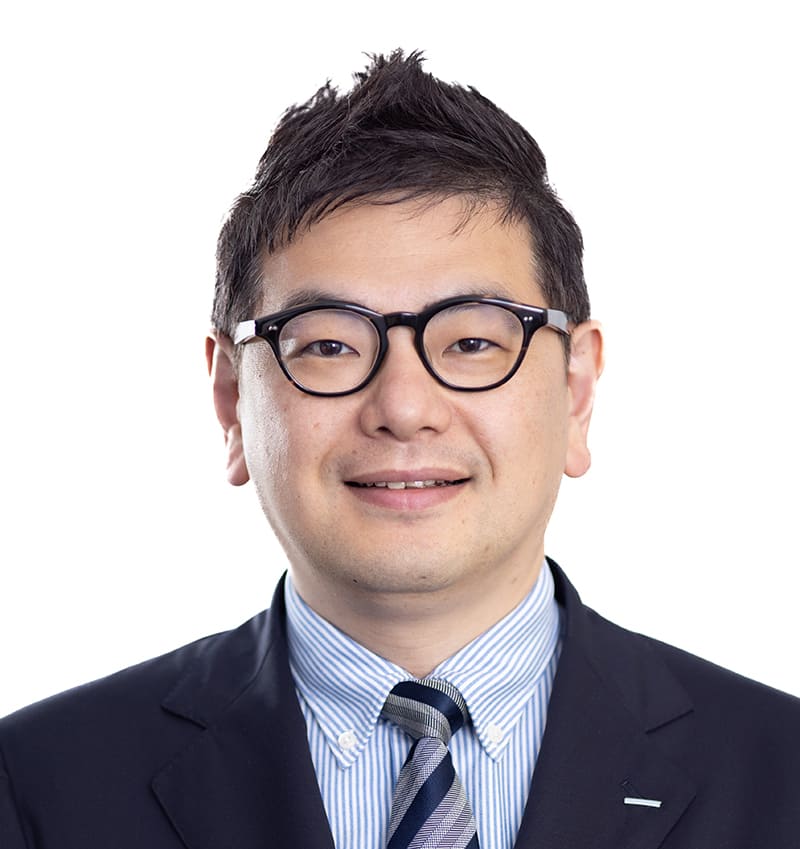
In April, the second Mizuiku Global Summit was held in Vietnam. “Mizuiku leaders from all the countries where Mizuiku is taking place gathered and shared their best practices. The participants were listening intently to the presentations of other countries, sympathizing and learning,” Fujiwara said.
So far, Mizuiku has expanded to Thailand, France, China, Spain, the U.K. and New Zealand. “In New Zealand, we collaborated with a local nonprofit organization to conduct a program for elementary school students last year that involved picking up trash in areas near the school, classifying it according to type, to raise awareness of the importance not to litter to keep nature and rivers clean. The data gathered as a result of the project is beneficial for the future activities of the organization,” Seta explained.
In June, a camp event, the largest of its kind that the company has organized, was held in Thailand’s Rayong province. “About 450 children and 60 teachers from 30 schools participated in the event to learn about climate change and the water cyclen through hands-on experience in nature, including walking in a mangrove forest, testing the water quality of a pond in the area and collecting plastic waste on the beach,” Seta said.
The company is committed to continuing its combined effort of forest conservation and environmental education. Fujiwara stressed that corporate sustainability efforts should be made for nature and society, not to meet requirements for environmental disclosures.
“We will continue to make humane efforts to achieve sustainability, which is what we have always been doing for decades, produce good results and expand our activities across the world,” Fujiwara said.
Suntory is a member of the Sustainable Japan Network, a group of companies that cooperate with this newspaper to spread information about sustainability in Japan. You can also be part of the network; visit https://sustainable.japantimes.com/sjnetwork-jp for more details.

